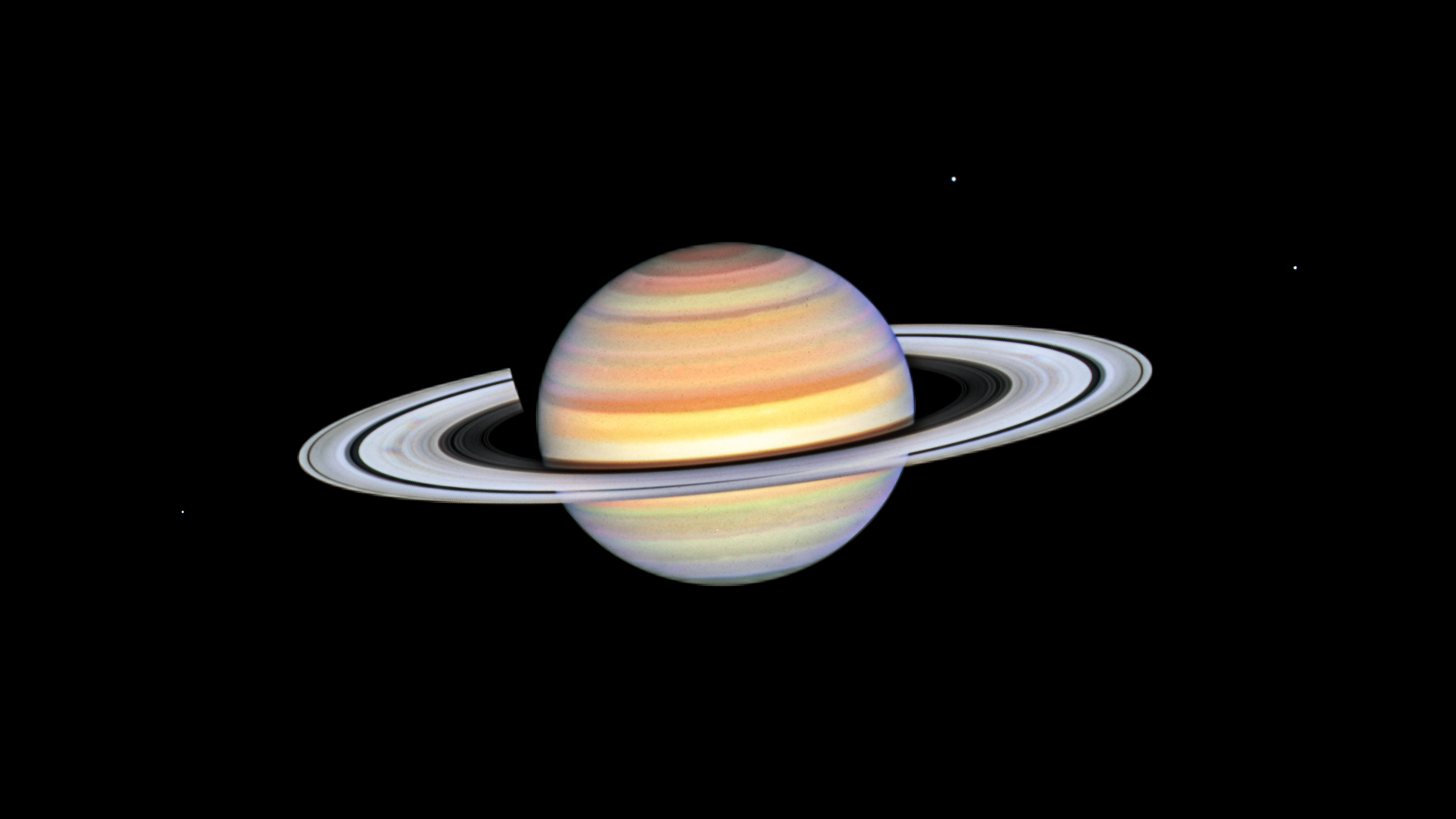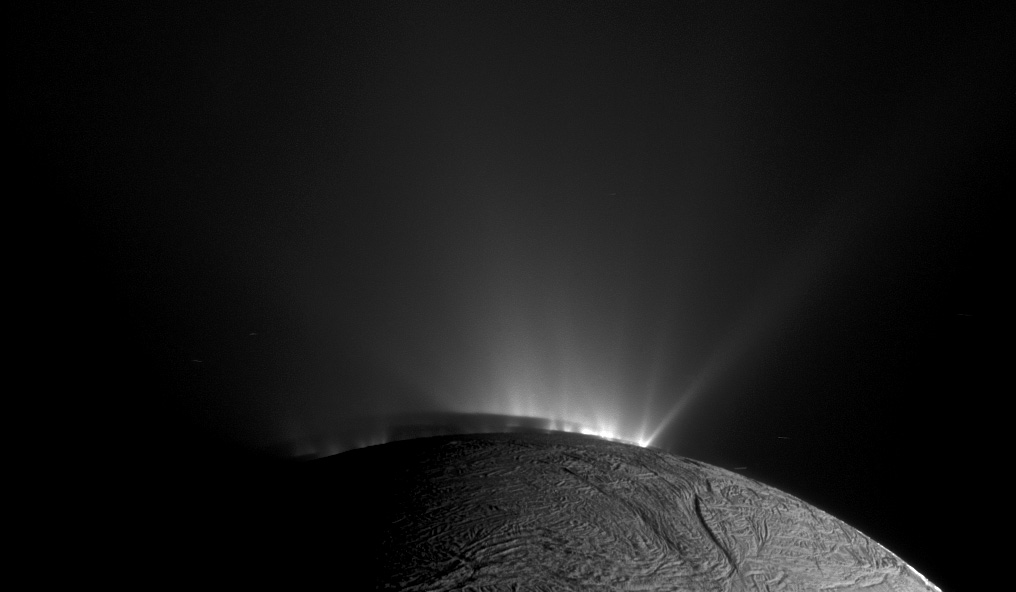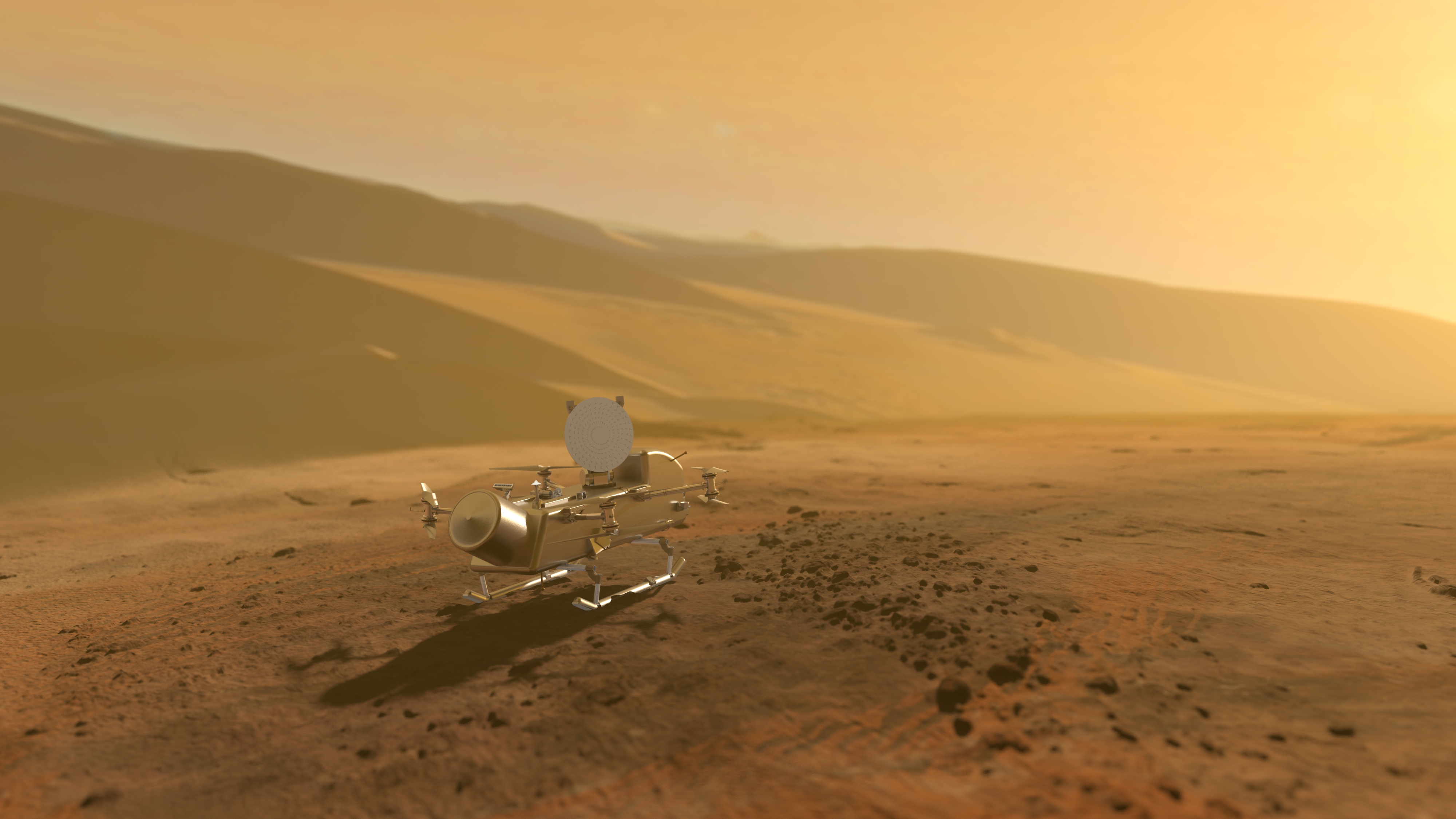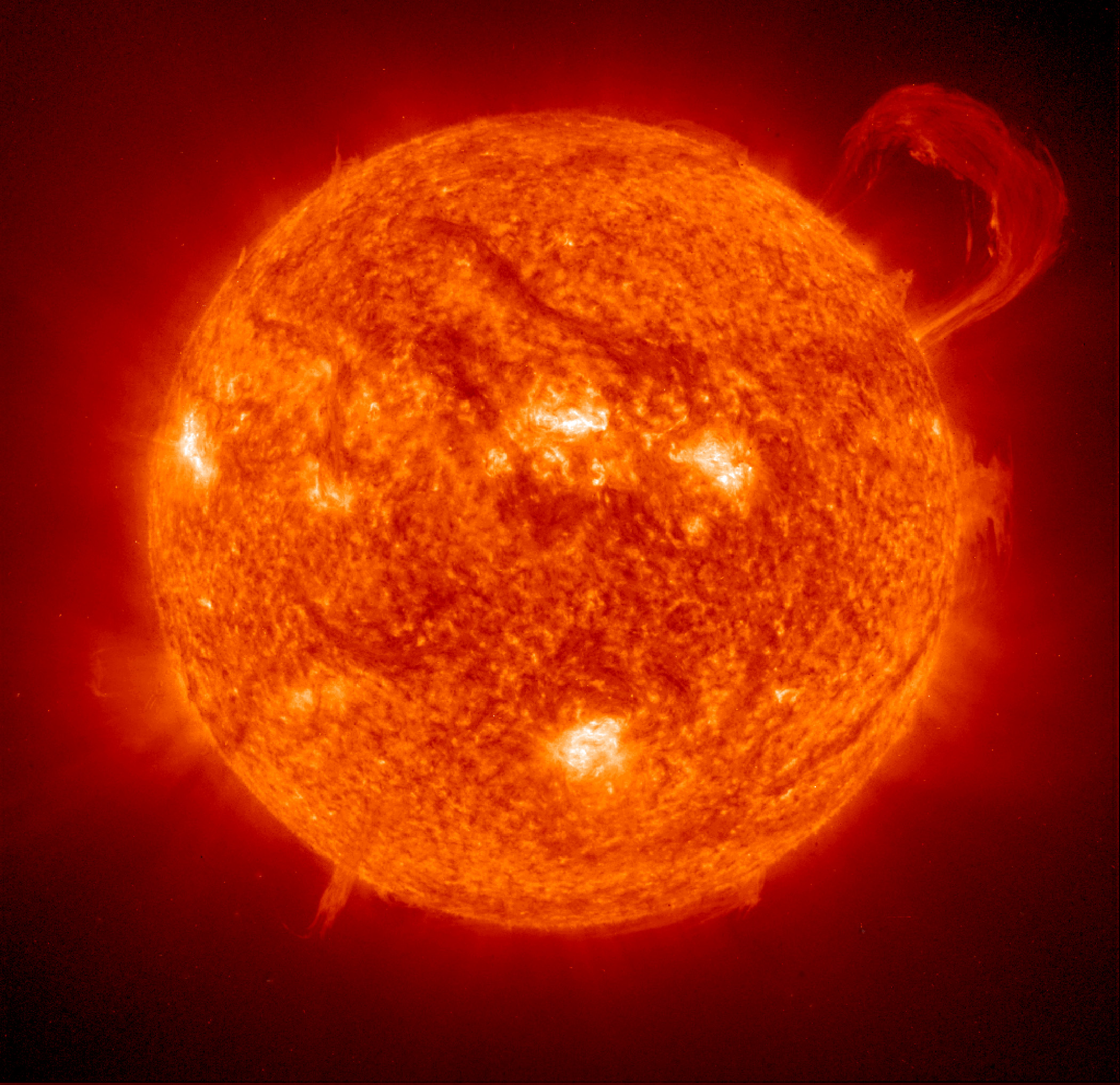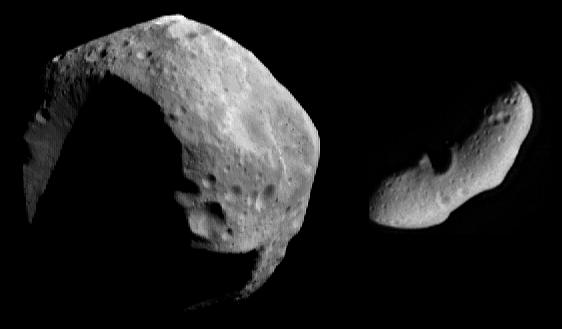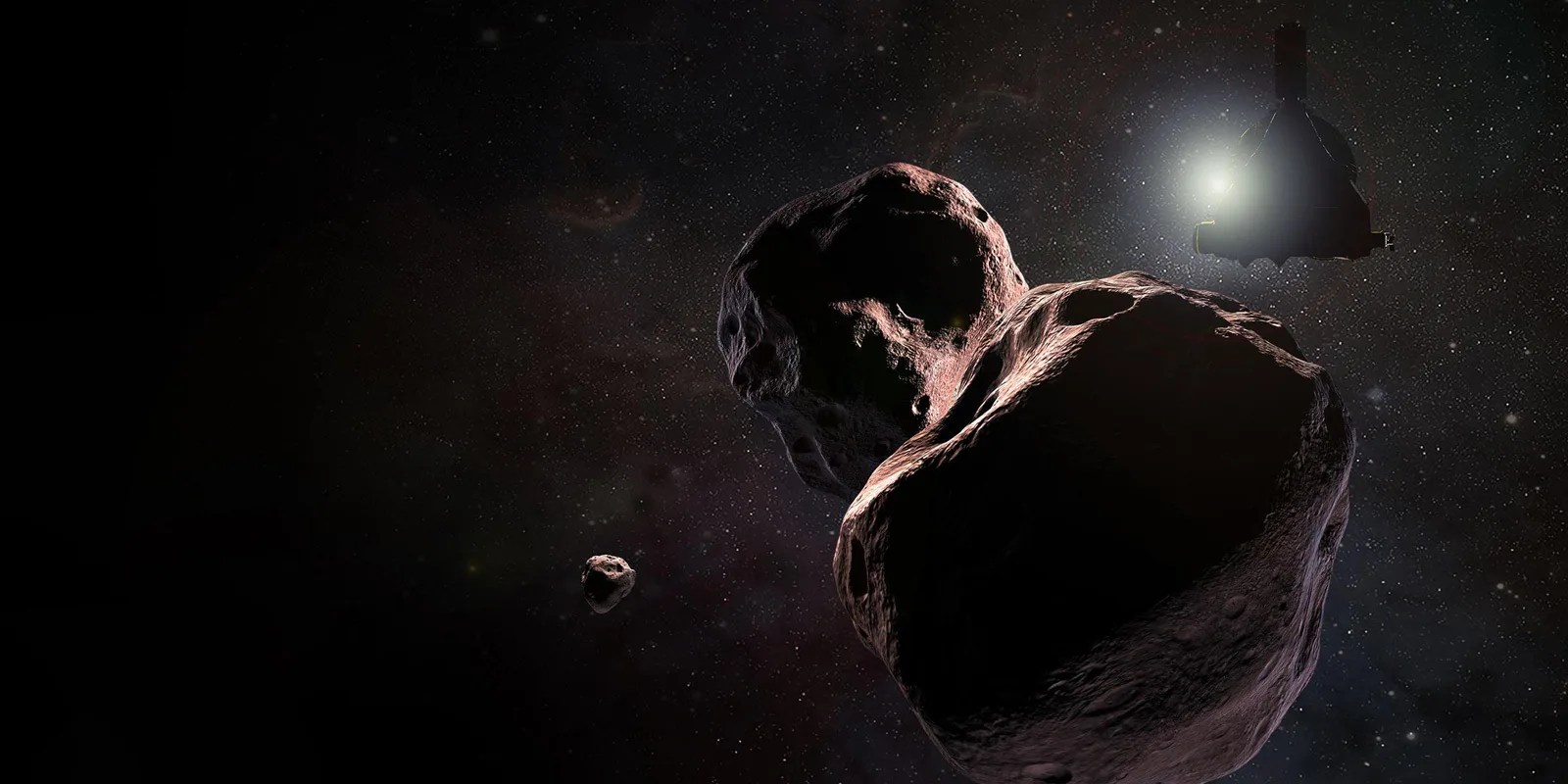3 min read
Cassini Significant Event Report
For Week Ending 02/11/00
The most recent spacecraft telemetry data was acquired from the Canberra
tracking station on Tuesday, 02/08. The Cassini spacecraft is in an
excellent state of health and is operating normally. On board activities
this week included the Probe Relay S Band demo, a MAPS instruments
throttle up activity, calibration for MAG and SCAS, clearing the AACS
highwater marks, and uplink of the telemetry ranging interference test
which will execute next week. The speed of the spacecraft can be viewed on the "Where is Cassini Now?" web page (http://saturn.jpl.nasa.gov/operations/present-position.cfm)
Good news from the Cassini/Huygens Project Scientists' telecon:
Preliminary analysis of Huygens thermal data collected while the
spacecraft -X axis was pointed toward the Sun indicates that this
direction is benign as far as Probe thermal constraints are concerned. The
data were collected during the MAG calibration activity and have been sent
to Alcatel for detailed analysis.
Initial planning was started for a workshop on scientific collaboration
between Orbiter and Probe investigators to exploit the synergistic aspects
of the two data sets. This workshop would take place at the Oxford
University PSG meeting in 2001.
VIMS instrument personnel have provided updated status from the Masursky
activity. The instrument performed well and recorded 72 cubes of data,
including background and internal spectral calibration data. IEBs
performed properly, the IR portion of the instrument operated within
normal temperature limits, and decontamination heaters turned on and off
as planned.
The C19 AP Preliminary SCR Approval meeting was held this week. At this
meeting changes to the activity plan SASF are identified and reviewed
prior to command generation by the Sequence Virtual Team Members. It has
been decided to descope activities in C19 to better accommodate Flight
Software checkout which occurs in March and April.
The NASA Quarterly Review was held this week with Cassini Program
Management reporting continuing status to HQ personnel. Educational
Outreach hosted a teacher workshop on asteroids. The response by
attendees was enthusiastic. Unfortunately some teachers had to be turned
away due to the number of people wanting to attend. As a result, it is
anticipated that the workshop will be repeated in May.
An Orbiter Science Operations Working Team (OSOWT) telecon was held to
continue to work on the science integration for the Jupiter encounter.
This meeting focused on the period from -25d to -10d from Jupiter closest
approach.
The Jupiter Science Planning Virtual Team (SPVT) met to present the
current status and contents of the integrated science plan, and to kickoff
the C22 (late-ICO2) SPVT Implementation activity. The product from this
team will be a conflict-free, constraint-free pointing profile for the C22
sequence.
Additional information about Cassini-Huygens is online at http://saturn.jpl.nasa.gov.
Cassini will begin orbiting Saturn on July 1, 2004, and release its piggybacked Huygens probe about six months later for descent through the thick atmosphere of the moon Titan. Cassini-Huygens is a cooperative mission of NASA, the European Space Agency and the Italian Space Agency. JPL, a division of the California Institute of Technology in Pasadena, manages the mission for NASA's Office of Space Science, Washington, D.C.
Media Relations Office
Jet Propulsion Laboratory
California Institute of
Technology
National Aeronautics and Space
Administration
Pasadena, Calif. 91109.
Telephone (818) 354-5011

